Senators Reject President Tinubu’s Request for Troop Deployment to Niger Amidst Coup Crisis
In a significant turn of events, the Nigerian Senate has firmly rejected President Bola Tinubu’s plea for authorization to deploy Nigerian troops to Niger Republic.
This request was intended to contribute to an ECOWAS-led effort aimed at reinstating the democratically elected President Mohamed Bazoum, who was ousted in a coup orchestrated by his own presidential guards on July 26.
Following the coup, ECOWAS leaders swiftly convened in Abuja and issued a stern ultimatum, giving the coup leaders seven days to reinstate constitutional order or face potential military intervention.
As a show of resolve, ECOWAS imposed sanctions on the coup leaders, with Nigeria even resorting to cutting electricity supplies and sealing its borders with the neighboring nation.
Despite these measures, the coup leaders remained obstinate, prompting West African defense chiefs to outline a military strategy for potential intervention.
In response, President Tinubu sought the Senate’s approval to involve Nigerian troops in this operation. However, during an executive session held on Saturday, senators adamantly turned down the president’s request.
Multiple senators voiced their concerns, asserting that military intervention was an imprudent course of action. They highlighted several factors, including the fragile state of Nigeria’s own security landscape, ongoing issues with Boko Haram, banditry, and separatist movements, such as ESN/IPOB.
The prevailing sentiment among the senators was that Nigeria’s military was ill-equipped and unprepared for a foreign military engagement. Additionally, senators underscored the historically harmonious relationship between Nigeria and Niger and advocated for a diplomatic approach.
In lieu of military action, senators suggested intensifying negotiations with the coup leaders by deploying high-ranking envoys, potentially including figures like former President Olusegun Obasanjo, General Ali Gusau, and Abdulsalam Abubakar.
These elder statesmen could be tasked with initiating dialogues aimed at achieving a peaceful and diplomatic resolution to the crisis.
A senator who participated in the executive session revealed that over 90% of those who spoke vehemently opposed the idea of troop deployment and military intervention. Instead, they called for a focus on addressing pressing domestic challenges before contemplating involvement in a foreign conflict.
As the coup crisis continues to unfold, the rejection of President Tinubu’s request has highlighted the Senate’s commitment to a diplomatic resolution and its recognition of the complex security situation within Nigeria.”

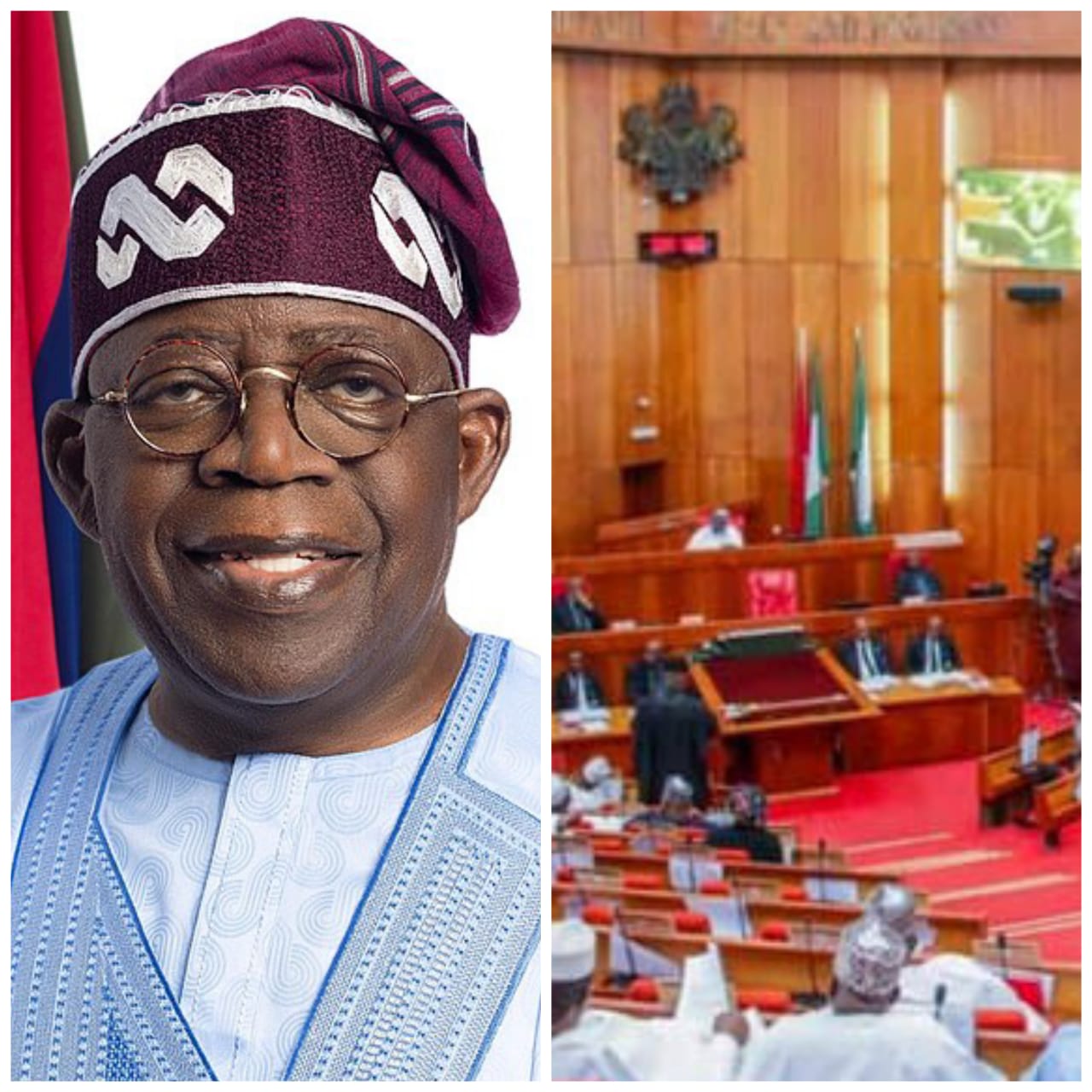


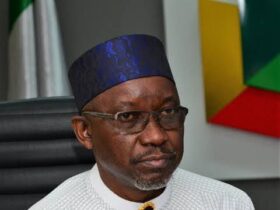
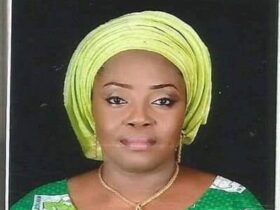
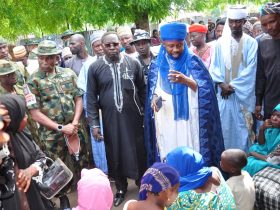
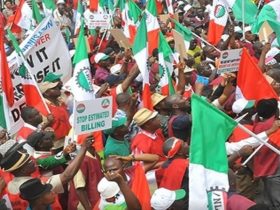

Leave a Reply